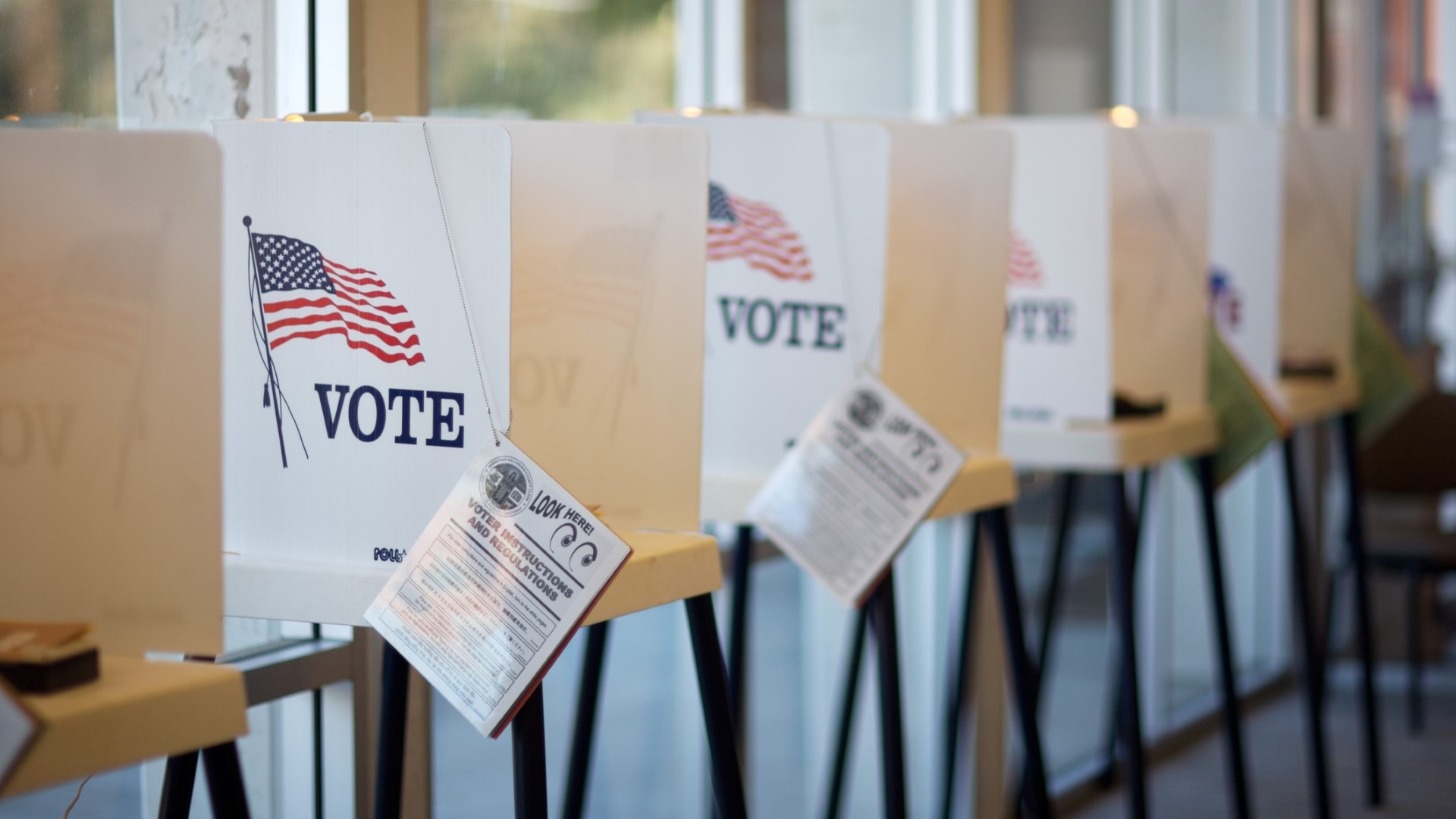
Voter Fraud & Other Election Day Crimes
While the terms voter fraud and election fraud are often used interchangeably, from a legal standpoint there is a clear distinction. If you are accused of voter fraud or another type of election-related crime, you should retain a criminal defense attorney immediately.
What Is Voter Fraud?
The simplest way to define voter fraud is “unlawful voting by an individual.” While every state uses a slightly different definition, generally speaking, a person can be charged with voter fraud for any of the following:
- Voting more than once in the same election
- Casting a ballot in the name of an ineligible voter (such as someone who is deceased or who is not a US citizen)
- Registering to voting using a fraudulent name and/or address
- Voting with a fraudulent ballot
- Voting despite being ineligible (non-resident, non-citizen, or disqualified voter)
To be convicted, a prosecutor must prove the act of voter fraud was done intentionally or knowingly. Someone who accidentally misspells their name, or mixes up the digits in their address, for example, is not guilty of voter fraud.
Ready To Speak To An Attorney?
Call us now at (707) 540-2356
Voter Fraud Penalties
The penalties for being convicted of voter fraud in California are severe. Most charges of voter fraud are felonies, not misdemeanors, which means up to three years of prison time if convicted.
Additionally, you may face fines ranging from $1,000 up to $10,000 depending on the type of fraud in addition to prison time.
Other Election-Day Crimes
In addition to voter fraud, it is also a crime to interfere with another person’s ballot and the voting process in general.
Each of the following election-related crimes can be charged as misdemeanors or felonies depending on the severity and circumstances:
- Intimidating, threatening, or coercing another voter to influence their vote or attempt to vote
- Offering a bribe or other compensation to influence someone’s vote
- Tampering with another person’s ballot
- Making and/or distributing counterfeit ballots
- Interfering with a voter’s access to a voting place (either physically or by deception)
Felony charges for each of these crimes will typically be brought when the conduct involves corruption, bribery, or threats of harm.
Know The Laws
If you’ve been charged with voter fraud or other election-related crimes, speak with a criminal defense attorney as soon as possible.
If you believe an election official or other individual is unlawfully restricting your right to vote, you should speak with a civil rights attorney or the police if you have been threatened or harassed.
REQUEST A FREE PHONE CONSULTATION
At Quinnan Law, we offer every client a free phone consultation to discuss their unique situation and determine how we can help. To arrange a consultation, please fill out the adjacent form or call us at: (707) 540-2356.
We provide representation in California State and Federal Courts. We accept most major credit cards for your convenience.
